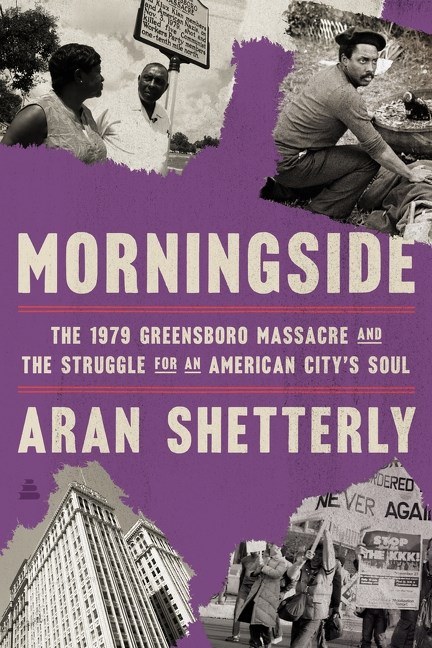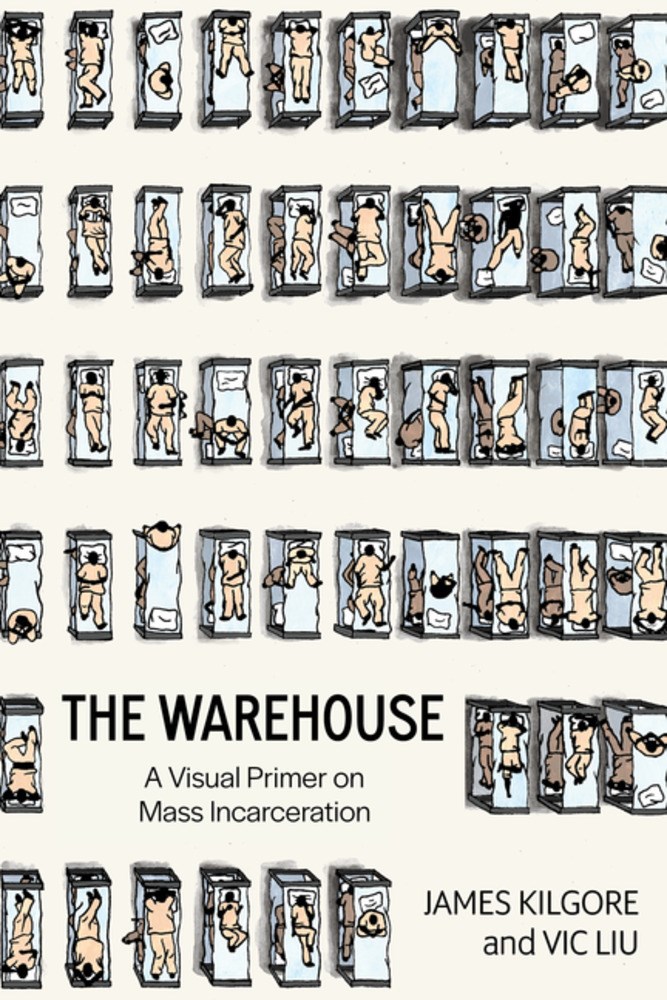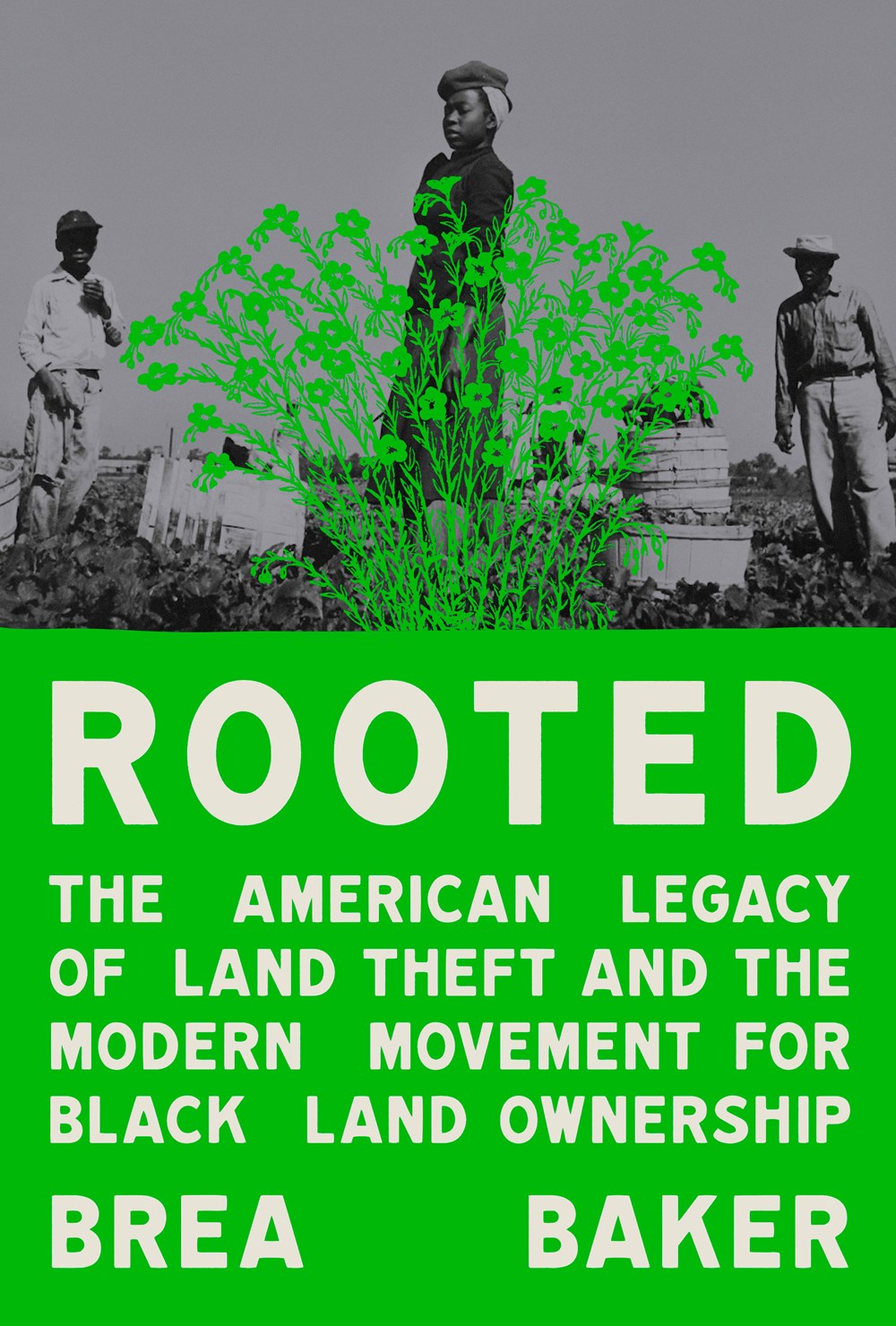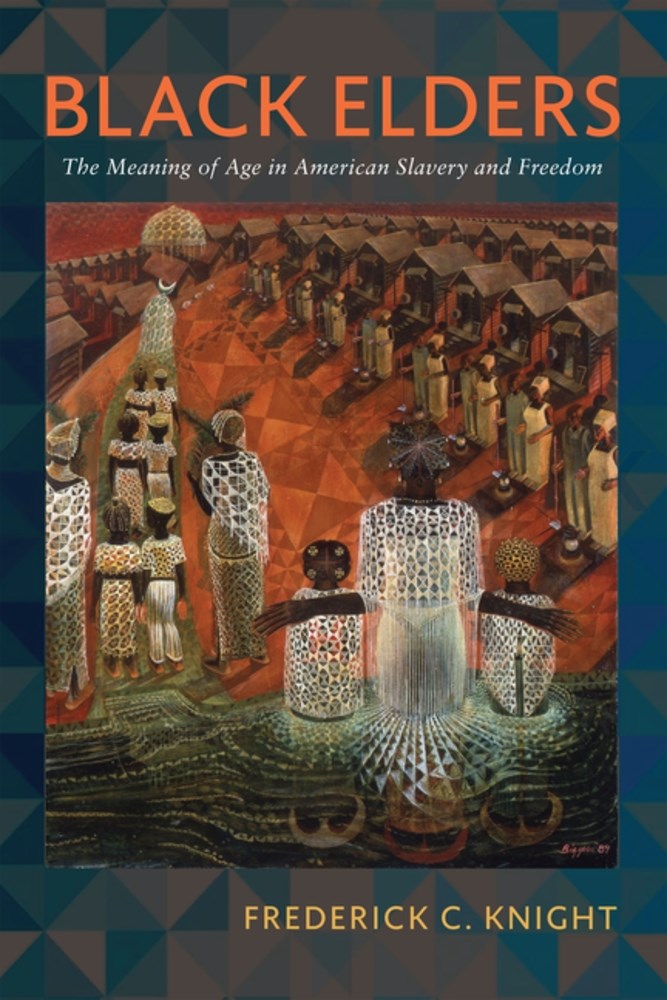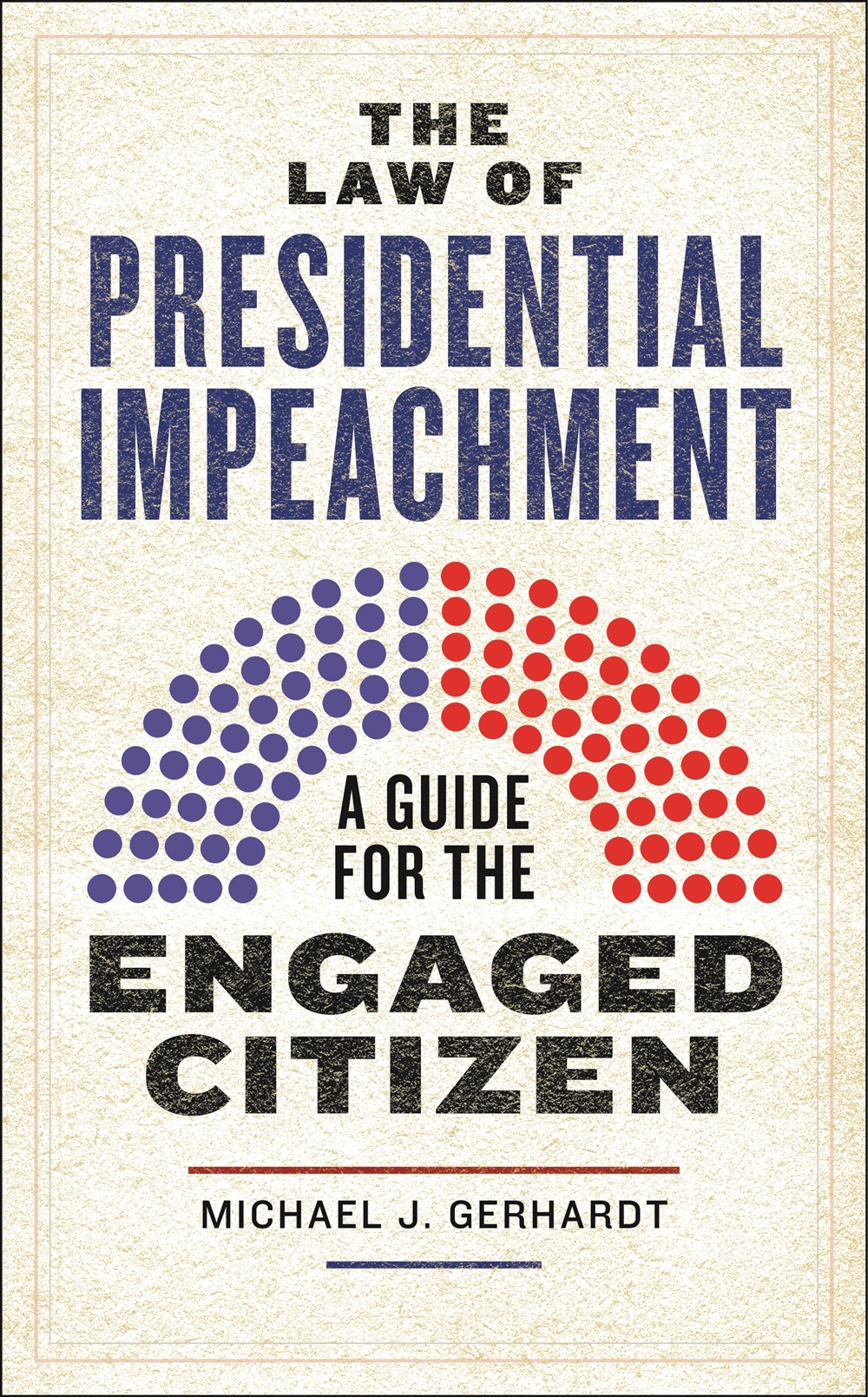Thomas J. Davis
132 Articles
Last 30 days
Last 6 months
Last 12 months
Last 24 months
Specific Dates
From:
To:
PREMIUM
Morningside: The 1979 Greensboro Massacre and the Struggle for an American City’s Soul
Shetterly gives readers a compelling narrative of personal stories about the 1979 Greensboro massacre and its legacy in the context of Greensboro’s history, the Black liberation movement, and political and revolutionary aspirations to end the nation’s racial disparities and exploitation of the working poor.
Lovely One
 Jackson’s story is a poignant reflection on time, place, and a nation’s history. This is a lovely, absorbing, candid, inspirational memoir. Ideal as a motivational read, particularly for young adults and especially for women and people of color.
Jackson’s story is a poignant reflection on time, place, and a nation’s history. This is a lovely, absorbing, candid, inspirational memoir. Ideal as a motivational read, particularly for young adults and especially for women and people of color.
PREMIUM
The Warehouse: A Visual Primer on Mass Incarceration
This important, insightful book urges readers to push beyond political or popular rhetoric to address the unconscionable human and social costs of a misguided and dehumanizing system of injustice.
PREMIUM
The Black Utopians: Searching for Paradise and the Promised Land in America
This enticing mix of personal and general history of Black utopian safe spaces promises to engage readers interested in reckoning with the past and present of Black American experiences and milestones.
PREMIUM
Rooted: The American Legacy of Land Theft and the Modern Movement for Black Land Ownership
Readers interested in a broad interpretive sketch of dispossessive effects of colonization, enslavement and its aftermath may be drawn to Baker’s personalized recounting of the continuing significance of Black people’s efforts to realize the dream of owning land and the profits it produces.
PREMIUM
Fear and the First Amendment: Controversial Cases of the Roberts Court
An insightful read about using fear to frame public policies for political advantage. For First Amendment scholars and general readers alike.
PREMIUM
Black Elders: The Meaning of Age in American Slavery and Freedom
A readily accessible read for all interested in the chronic, painful, physical, and mental battles that marked the daily lives of enslaved and emancipated Black people approaching the end of life, reckoning with their prospects, and reflecting on their mortality. This book centers elders, their roles, and day-to-day class and gender relations and demonstrates how Black communities cared for each other as they tried to maintain material and moral intergenerational bonds during and immediately after the era of enslavement.
The Black Box: Writing the Race
 A must for scholars, yet still accessible to general audiences, by arguably the preeminent scholar of African American studies. This gem brilliantly reflects multiple depictions of what it means to be a Black American amid complex, structured interracial and color-based discrimination discourses, in which writing and language are keys.
A must for scholars, yet still accessible to general audiences, by arguably the preeminent scholar of African American studies. This gem brilliantly reflects multiple depictions of what it means to be a Black American amid complex, structured interracial and color-based discrimination discourses, in which writing and language are keys.
The Law of Presidential Impeachment: A Guide for the Engaged Citizen
 A clear and comprehensive primer about the culture and values required to operate constitutional government as the country’s founders intended. This is, indeed, an imperative read for engaged citizens.
A clear and comprehensive primer about the culture and values required to operate constitutional government as the country’s founders intended. This is, indeed, an imperative read for engaged citizens.
ALREADY A SUBSCRIBER? LOG IN
We are currently offering this content for free. Sign up now to activate your personal profile, where you can save articles for future viewing

